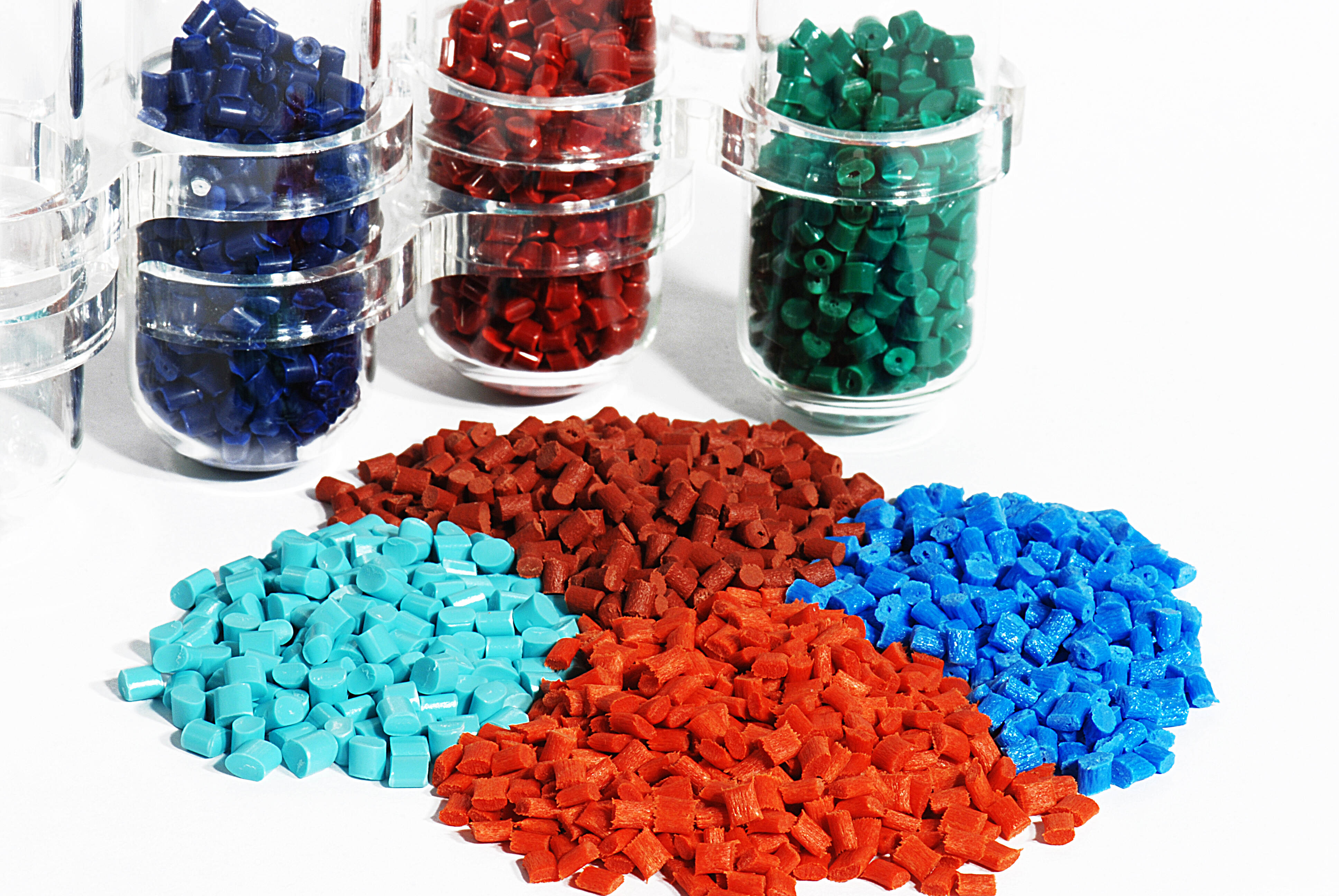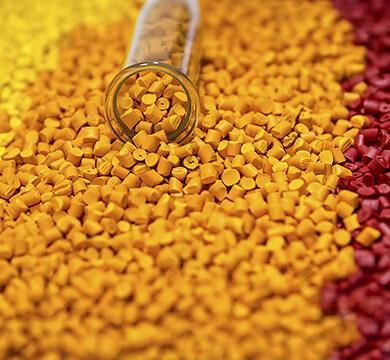Email format error
Email cannot be empty
Email already exists
6-20 characters(letters plus numbers only)
The password is inconsistent
Email format error
Email cannot be empty
Email does not exist
6-20 characters(letters plus numbers only)
The password is inconsistent

Offer Technical Support and Customized Solutions
The company is committed to creating new and improved plastic materials to meet the evolving demands of the market.

PC/ABS: A Versatile Engineering Plastic material
Introduction
In the world of engineering plastics, PC/ABS (Polycarbonate/ABS) is a standout blend that combines the best properties of two high-performance polymers: Polycarbonate (PC) and Acrylonitrile Butadiene Styrene (ABS). The combination of these two materials results in a polymer with a wide range of applications, offering an excellent balance of strength, impact resistance, and processability. This makes PC/ABS a popular choice in industries such as automotive, electronics, consumer goods, and medical devices.
What is PC/ABS?
PC/ABS is a blended polymer, meaning that it combines the individual characteristics of its parent materials, Polycarbonate and ABS. Each of these components contributes distinct advantages to the final blend:
Polycarbonate (PC): Known for its high impact resistance, optical clarity, and heat resistance, PC is often used in applications that require durability and strength.
Acrylonitrile Butadiene Styrene (ABS): ABS is a tough, durable plastic with excellent resistance to physical impacts and chemicals. It also offers good processability and surface finish, which makes it ideal for molding and other manufacturing techniques.
By blending PC and ABS, manufacturers create a polymer with the following advantages:
Improved impact resistance compared to pure PC
Enhanced stiffness and heat resistance compared to pure ABS
Superior processability, making it easier to mold and fabricate
Properties of PC/ABS
PC/ABS has a unique combination of mechanical, thermal, and chemical properties that make it suitable for demanding applications. Some of its key properties include:
High Impact Strength: The blend inherits Polycarbonate's high impact resistance, making it suitable for applications that require durability under harsh conditions.
Good Thermal Stability: PC/ABS offers a higher heat deflection temperature compared to ABS alone, making it ideal for applications that require resistance to high temperatures.
Good Chemical Resistance: The blend exhibits excellent resistance to various chemicals, oils, and greases, making it suitable for automotive and industrial applications.
Dimensional Stability: PC/ABS retains its shape even under extreme conditions, ensuring that the finished parts maintain their intended function over time.
Excellent Processability: PC/ABS is easy to mold and process using standard methods such as injection molding, making it an attractive option for mass production.
Aesthetic Appearance: The blend also has a good surface finish, which is important for consumer-facing products like electronics and automotive parts.
Applications of PC/ABS
Given its remarkable properties, PC/ABS is used in a variety of industries and applications:
Automotive Industry: PC/ABS is widely used in automotive parts such as interior panels, dashboards, and bumpers due to its strength, impact resistance, and ability to withstand high temperatures. It also offers a smooth finish for aesthetic parts.
Electronics: In consumer electronics, PC/ABS is used for housings, enclosures, and connectors. Its strength and aesthetic qualities make it ideal for creating durable, high-quality finishes in electronic products like laptops, smartphones, and televisions.
Telecommunications: Due to its dimensional stability and resistance to environmental stress, PC/ABS is often used in the production of telecom equipment such as phone enclosures, routers, and network components.
Medical Devices: The blend is increasingly used in medical devices due to its good chemical resistance, biocompatibility, and ability to be sterilized. Common applications include diagnostic equipment housings, surgical instruments, and drug delivery systems.
Consumer Goods: PC/ABS is used in various consumer goods like kitchen appliances, power tools, and toys, thanks to its ability to combine strength with an attractive finish.
Advantages of PC/ABS Over Other Polymers
PC/ABS stands out for several reasons:
Versatility: The blend's combination of properties makes it suitable for a wide range of applications.
Cost-Effective: While both PC and ABS are high-performance materials, combining them provides a more cost-effective solution for certain applications.
Ease of Fabrication: PC/ABS is easily processed using conventional molding techniques like injection molding, blow molding, and extrusion.
Environmental Resistance: Its resistance to weathering, UV radiation, and environmental conditions makes it ideal for outdoor and industrial applications.
Conclusion
PC/ABS is a versatile and high-performance material that offers an impressive range of mechanical, thermal, and chemical properties. Its ability to combine the best features of Polycarbonate and ABS makes it suitable for a wide range of demanding applications across industries such as automotive, electronics, medical devices, and consumer goods. As the demand for durable, cost-effective materials continues to grow, PC/ABS will remain a key player in the world of engineering plastics.
For manufacturers looking for a material that balances strength, aesthetics, and ease of processing, PC/ABS is undoubtedly an excellent choice.

